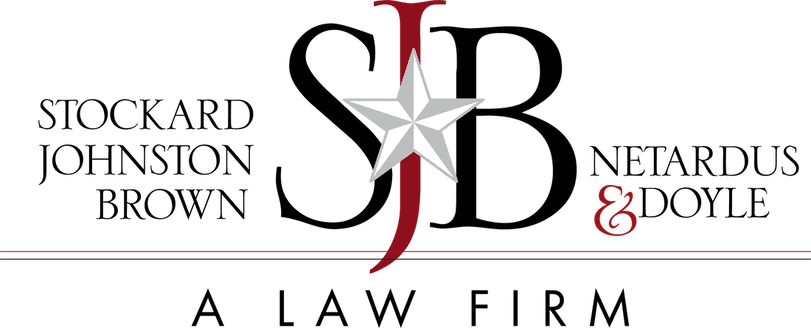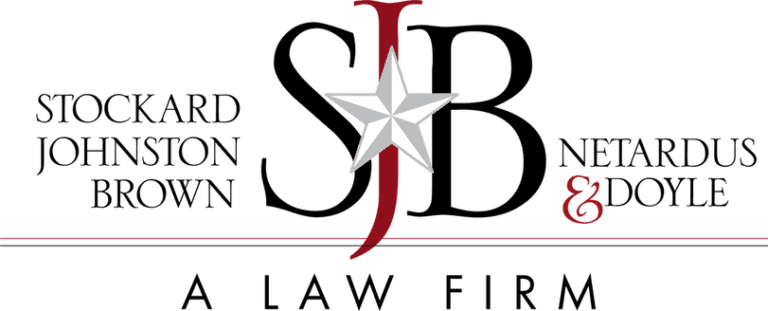The simple answer is yes. If you were in an accident where someone else is responsible, the health insurance company has the right to be reimbursed for the money they paid out to cover any injuries you incurred from the incident.
Almost every insurance policy in existence today has a clause that makes this reimbursement mandatory. The insurance policy acts as a contract between you and your health insurance company. Its terms and conditions bind both. So, if you bought a policy, you agreed to the terms.
What Does Subrogation Mean?
During the claims process, you may hear the term subrogation. It is the legal premise under which these kinds of claims are made.
Subrogation is the right of the insurer to pursue an at-fault third party to recover the amount of the claim paid to the insured. So, if your health insurance company pays for your medical bills related to an accident that someone else caused, the insurance company can take action to recover those costs from the person who caused the accident. This can include sending the claim to collections and even filing a lawsuit.
This also gives them the right to recover those costs from any settlement you receive from the accident. So, if you receive a settlement from the at-fault party’s insurance company or through a court case related to the accident, you must reimburse the health insurance company for the amount of the money they paid out.
One bit of good news is that the amount of reimbursement can be negotiated in some cases. So, if you receive a settlement, you may be able to negotiate a smaller reimbursement amount with the health insurance company.
Why Do I Have to Reimburse My Health Insurance Company?
A simple example: You are in an auto accident caused by the driver of the other car. You sustain injuries and need medical treatment. You try to get the other driver’s insurance company to pay for the medical bills, but they are refusing or delaying payment. You decide to make the claim to your health insurance company to get the payment made.
Your health insurance company makes the payment to the hospital and doctors. At that point, the subrogation clause allows them to step in and get reimbursement from the driver of the other car and/or that person’s insurance company.
The health insurance company can seek reimbursement by filing claims with the other insurance company. They can go after the other driver directly. They may choose to file a lawsuit to get reimbursement in some cases. They also have a claim to any monies that you receive directly from the other insurance company or the other driver.
It is critical that you know your legal obligations before signing any settlements. If you have been in an accident and the insurance company is trying to force you into a settlement, and contact Stockard, Johnston, Brown, Netardus & Doyle, P.C.. Our Amarillo personal injury attorneys can review the situation and look over the settlement offer.

